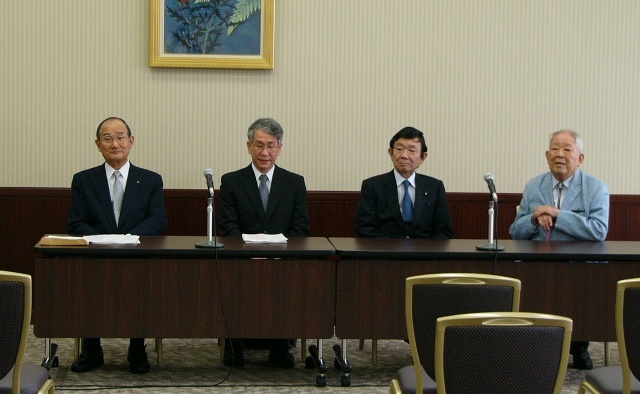The antiquated notion that the world needs one leader must itself be put to rest. For collaboration to produce a new rule set that binds all the players, all the players must be present at the creation. This is indeed the right time to invite China, Russia and India to join the conversation.In the same page, Redefining multilateralism by Rober B. Zoellick (President of the World Bank Group) goes one step further, as if unilateralism were already established:
Our New Multilateralism must build a sense of shared responsibility for the health of the global political economy and must involve those with a major stake in that economy. We must redefine economic multilateralism more broadly, beyond the traditional focus on finance and trade. Today, energy, climate change, and stabilizing fragile and post-conflict states are economic issues. They are already part of the international security and environmental dialogue. They must be the concern of economic multilateralism as well.For basic research, collaboration is also imperative for reasons often described in this blog: the complexity of the problems to solve, the growing size of the equipments and of the related budgets, the advanced technology not always available in a single country ... But also because basic science is the development of basic knowledge which is a world common heritage and resource.
But it is interesting to confront these opinions, mainly triggered by the financial crisis, to the current positions of the 2 main candidates to the US presidency. A simple look to the Science Debate demonstrates that the US is still more concerned about "leadership", "leading the world" or to "become a leader" than to actually collaborate and cooperate in Science. Just counting the number of these expressions in the text gives 11 for B. Obama and 7 for J. Mc Cain plus 2 more in the questions themselves showing that even for the questioners the goal of making research is to secure the leadership of the world.
So we still have a long way to go before building balanced global project in science, but maybe this crisis will have the virtue to underline what necessity rules.
PS: the LHC inauguration gave many opportunities to the European leaders to praise the collaborative success of the CERN organization.










